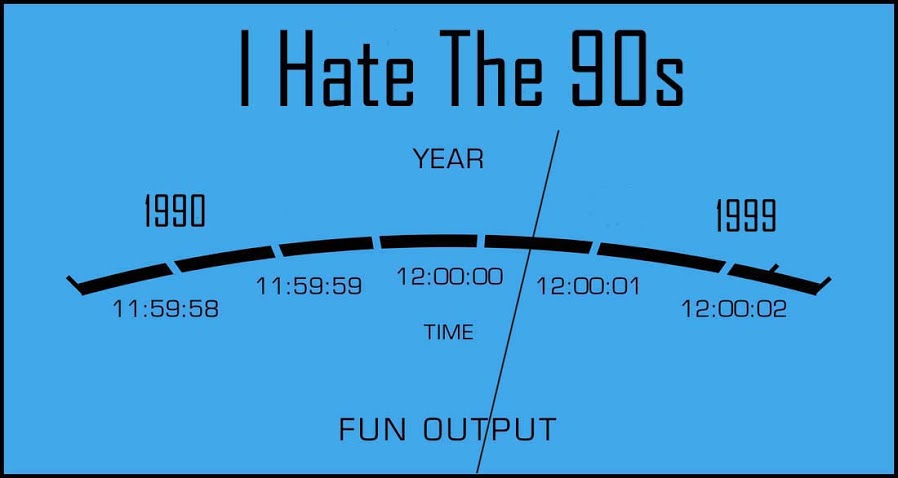Artist Biography
by Tim Sendra
The Sneetches
were one of the handful of bands in the U.S. playing classic British
Invasion-inspired, mid-'60s West Coast-sounding guitar pop in the late
'80s. Their short run of albums and singles never had a large audience,
and they never found the major-label success they desired, but the band
remains a hidden pleasure for fans of witty, melodically rich pop music.
The band was formed in San Francisco by the duo of vocalist/bassist
Mike Levy and guitarist
Matt Carges,
both of whom had previously spent time playing in punk bands and wanted
to move in a softer direction. Beginning in 1985, the duo set about
recording a demo tape that sounded like a lo-fi take on
Herman's Hermits' tuneful nature mixed with the burnished soul of
the Beau Brummels. The songs made their way to the U.K., where the Kaleidoscope Sounds label released an eight-song EP titled
Lights Out with the Sneetches. By this time drummer
Daniel Swan, formerly of the British punk band
the Cortinas,
had joined the lineup and the band began playing local clubs. They
signed to new local label Alias and hit the recording studio. The
resulting album,
Sometimes That's All We Have, was released in 1989. After initially playing bass on-stage,
Levy switched to guitar, which meant they often played live with no bassist. To fill the gap, another British expat,
Alec Palao, joined up. (It was
Palao who had gotten Kaleidoscope Sounds' boss
Joe Foster interested in releasing the band's demos, and had also been instrumental in convincing Creation Records to release
Sometimes That's All We Have in the U.K.)
The quartet's next trip to the studio resulted in 1989's
Please Don't Break My Heart single, which contained a peppy take on
the Monochrome Set's
classic "He's Frank." That same year, the Sneetches launched a
cross-country tour of the U.S. and hit the studio to record their second
album,
Slow,
a more experimental and arranged record. It was released by Alias in
1990. That same year, they toured the U.S. again, collaborated with
power pop heroes
Shoes at their Illinois studio, and visited the U.K., where they played with
John Cale and
the Monochrome Set. Over the next couple years, they had the honor of backing ex-
Flamin Groovies guitarist
Cyril Jordan
on a run of concerts, while also recording sporadically. The results of
the sessions were released as singles on Bus Stop (1992's "And I'm
Thinking," 1993's "A Good Thing"), Elefant (1993's "Sunnyside Down"),
and Jellybean Sounds! (1993's "She May Call You Up Tonight").
The band also made friends with another ex-
Groovie and ended up playing with
Chris Wilson, backing him on-stage and on an album, 1993's
Chris Wilson & the Sneetches.
After all these detours and side projects, and the release of a
collection of early tracks on Rev-Ola in the U.K. (titled Obscureyears),
the Sneetches finally found time to record their third album. Moving
from Alias to Spin Art, they released
Blow Out the Sun in 1994, then basically called it a day soon afterward.
Mike Levy began working on a solo album and the rest of the bandmembers began pursuing other avenues (
Swan became a booking agent and
Palao a respected and very busy producer of reissues for various labels like Big Beat and Numero). When
Levy's
Fireflies
album was released in 2000, the band rallied to back him at various
shows, and they played the occasional reunion show under the
Sneetches name. In 2017,
Palao
put his skills as a reissue guru to work on the Sneetches' back
catalog, and the U.S. label Omnivore released the career-spanning
collection
Form of Play: A Retrospective.

















